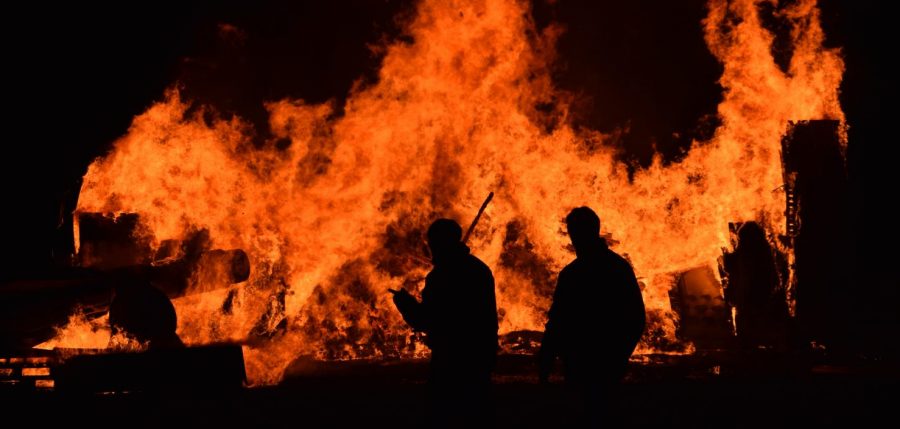Australian wildfires: Lack of media attention demonstrates global apathy
Exploring the media coverage of the Australian wildfires

Since last July 2019, 26 million acres of Australia have burned in one of the country’s worst recorded fire seasons. At least 34 people have been killed, 3,000 homes have been destroyed and an estimated 1 billion animals have been lost in the fire’s damage. The wildfires are so dire that on Nov. 12 greater Sydney was forced to declare an unprecedented “catastrophic” fire warning due to high level of pollutants in the air.
Australia is burning down.
Yet very few in the international community were aware of this crisis until the New Year’s Eve — nearly four months after the fires began. It was when Australian Prime Minister Scott Morrison made his vacation trip to Hawaii just days after declaring a national disaster that the media erupted, and the world realized what was happening in Australia.
All of a sudden, social media platforms were flooded with sympathetic posts calling for donations and community service. Images of children wiping their eyes and firefighters branding their extinguishers dominated our news feeds. The world was transfixed — but not necessarily in a good way, for there was a slight eeriness in the way that the international community reacted to the Australian wildfire crisis.
Rather than viewing it as somewhat of an apocalyptic event that poses sinister implications to the state of biodiversity, species richness and human infrastructure around the world, the wildfires were initially treated as a local news story, not deserving of great media attention. Only those in Australia knew what was going on while the rest of us — especially those living in the wealthy West — lived our lives, oblivious to the conditions plaguing Australia.
Part of this discrepancy in coverage can be accounted for by the natural human desire to look away and avoid contemplating issues that cause us distress, especially when those anxiety-inducing events are miles away from us. However, when compared to the extreme media coverage of the significantly less damaging 2018 California wildfires, which burned approximately two million acres of land, it is apparent that a far more sinister reason contributes to the global apathy demonstrated towards Australia.
The fact of the matter is, we as a society tend to pay greater attention to suffering when it impacts parts of the wealthy West — North America and Europe — than when it strikes Asian, African and Oceanic countries. This is the unfortunate result of the power structures of our society and the sentiments of colonialism that pervade many developing nations, and is seen in many aspects of society. For example, terrorist attacks in Palestine receive less coverage than terrorist attacks in France, and the Notre Dame fire in 2019 garnered funds from political actors from across the world yet similar events such as the Sri Lanka church shooting barely received any attention.
What this selective attention and coverage demonstrate is society’s tendency to direct its resources to those nations who abide by the principles of Eurocentricity, a school of thought centered on Western civilization and one that favors it over non-Western civilizations. The worst effects of climate change are looming, and it is the developing nations that will be impacted the most. So if we continue to view the suffering of others’ as distinct from ours, then soon enough there won’t be a planet for us to live on. Climate refugees, xenophobia and sexism — all issues resulting from our Eurocentric view of natural disasters — will accelerate further, pillaging our society. And we will have no one to blame but ourselves, for unfairly subjecting our ingrained biases and prejudices upon our view of the world.







